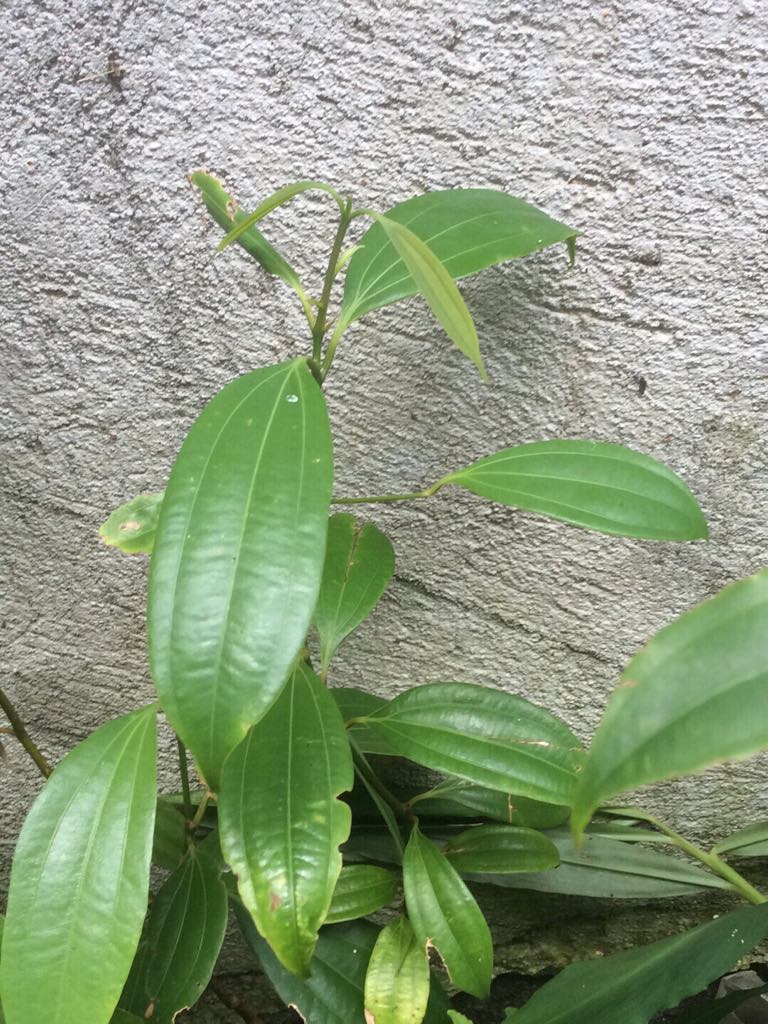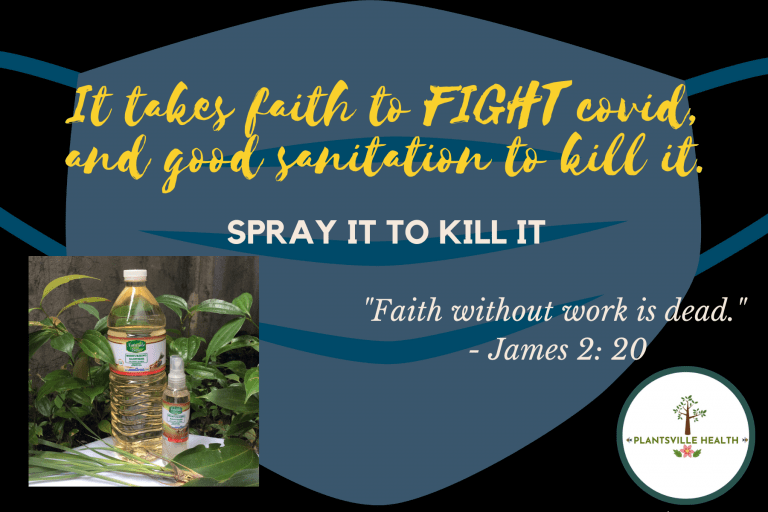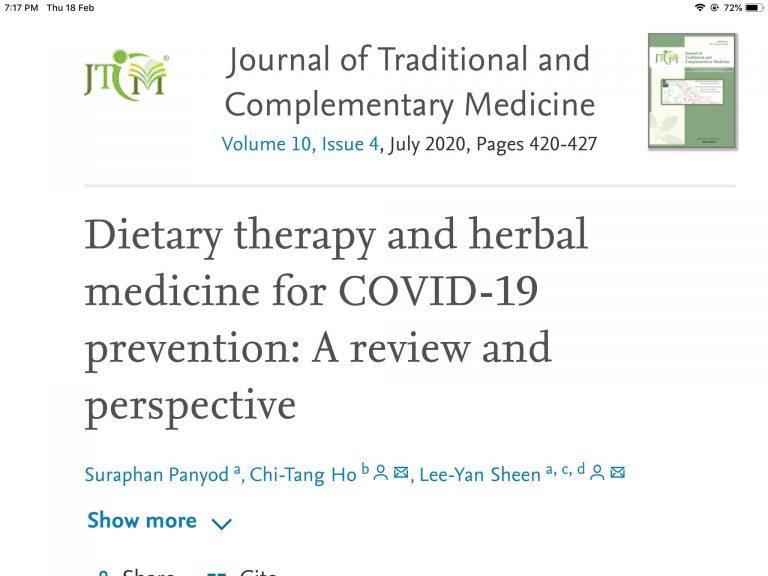Our Philippine Cinnamon Social Enterprise Journey
Plantsville Health is a fully registered, social enterprise company in the Philippines since 2018.
How it all started. I, November G. Canieso-Yeo, founder, started a blog in 2017, sharing my lessons and experiences on organic home gardening and what superfoods to plant in order to maximize my small garden. Of course, I was attracted to cinnamon, it being a superfood, and I love the aroma and flavor of the cinnamon! Right away, I planted one in a half drum container.
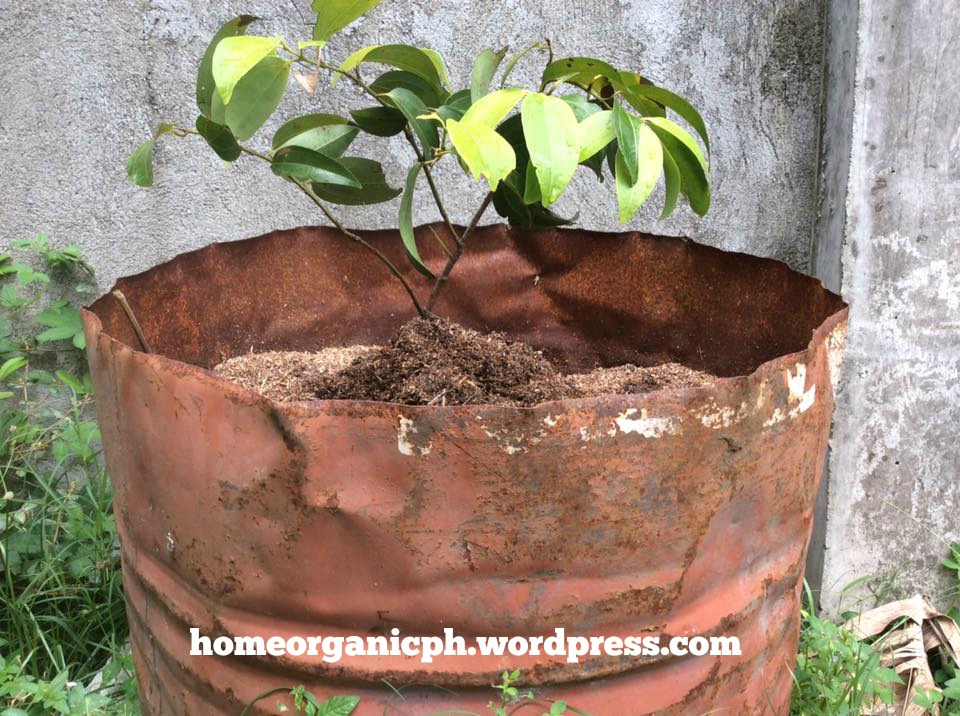
After planting, I researched and blogged about the cinnamon, and I discovered that the Philippines has 19 endemic species of cinnamon. Wow! Sadly, many of them are on the International Union for the Conservation of Nature (IUCN) list of threatened species. How tragic would it be if we lose them all! Also, it’s a shame because our country imported as much as 29,000 kilograms (USD 92,000) in 2011. (Source: Forest Foundation Philippines, Philippine Cinnamon: Important Lesser-known Forest Resource, September 2017) How meaningful it could be if we could help grow back the Philippine cinnamon, while earning for the farmers, suppliers, partners, and employees of Plantsville, including myself.
Finding the Philippine Cinnamon. Thus I started talking with the Negros Occidental Provincial Management Office (PEMO) who pointed to me where the Philippine cinnamon grows. Through Mrs Luisa Tutor and Mr Samuel Maja of PEMO, I met with Nanay Ninfa Benitua, president of the DSB ISF Farmers Federation, and herself a reforestation advocate. The federation was composed of 7 ISF associations, with around 50 active farmer members. I then attended the meetings of each of the ISF associations to meet and enjoin the farmers to plant the kaningag. Many times, I hear from the small farmers that they didn’t know that the kaningag IS Philippine cinnamon. This is also true for the town mayor who is highly educated. They also did not know that kaningag is a valuable tree. Some even cut it down and make it as charcoal (“uling”) to help augment their income. They did tell me that their mothers used to make them chew the bark or drink tea from the bark whenever they have diarrhea or stomach problems.
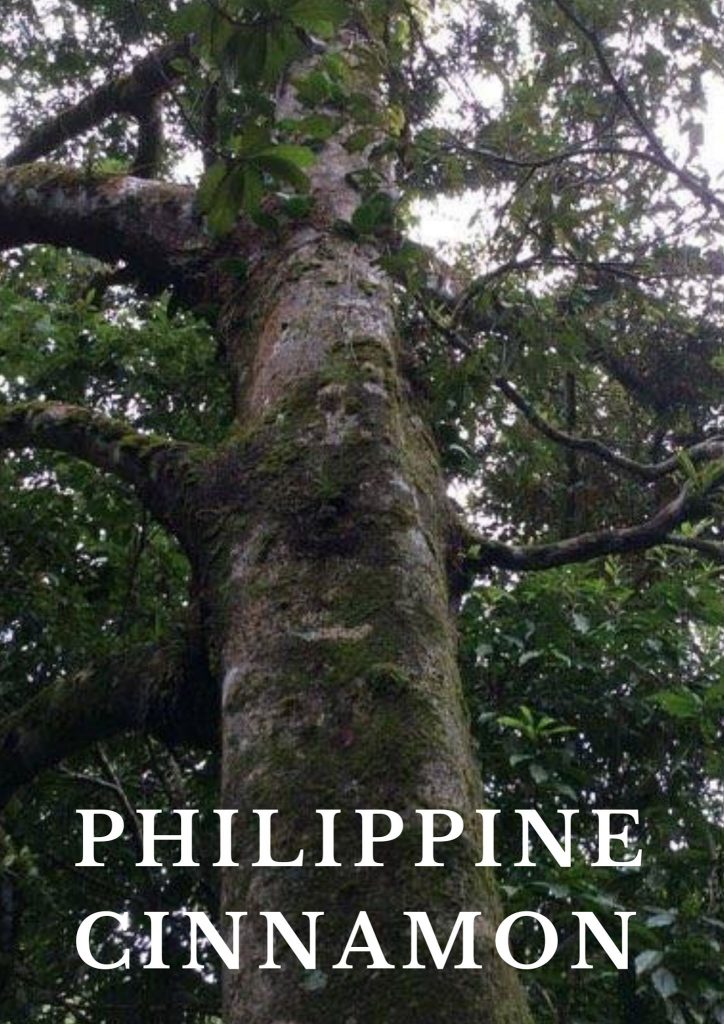
Partnership with farmers. The farmer leaders were themselves concerned about losing trees in their area and finding ways to earn from tree farming. At that time, the farmers have signified that there were only 50 remaining kaningag trees in the town.
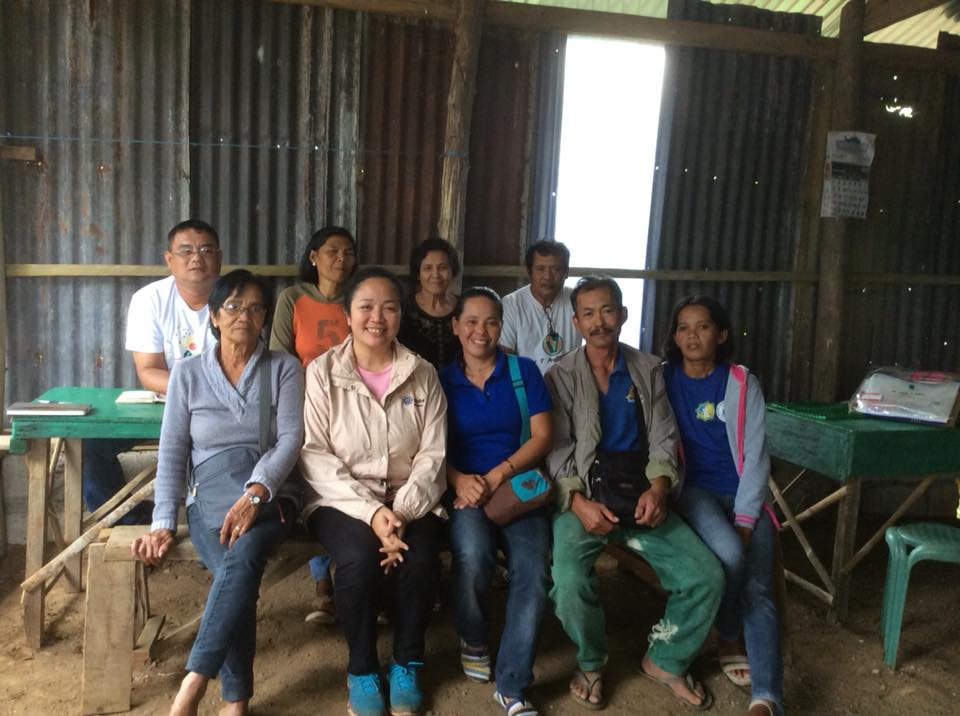
Forestry (ISF) Farmers Federation (picture taken in November 2017.)
Thus, a partnership between the farmers and Plantsville Health was formed. The farmers will plant the kaningag seedlings, funded by the LGU, and Plantsville will buy the kaningag seedlings and produce. The farmers were convinced, and, together, we wrote to the Local Government Unit (LGU) of DSB and sought funding for the farmers association. We budgeted to pay the farmers P10 per seedling nurtured and planted, and another P10 once the seedling is growing steadily. We also budgeted for the training of the farmers. The target was 5,000 seedlings per ISF association for the 7 ISF associations, or a total of 35,000 kaningag seedlings. The fund was granted to the ISF farmers federation.

Although this will be the first time that kaningag will be farmed by the farmers, the farmers are quite familiar with the kaningag. They see it growing wild (no care needed). However, we needed an expert to teach us the finer details of nursing, planting, and growing the kaningag. We found the expert in the person of Professor Ariel Tutor, head of the Forestry Department of the West Visayas State University. Professor Tutor did his dissertation on the Philippine cinnamon.

What attracted the farmers is the kaningag can be planted in hilly areas of their farms, which were previously not planted. Thus, kaningag farming opens up a new revenue stream for them. At the outset, the farmers have so far planted 14,133 Philippine cinnamon seedlings in 2019, as per the report of Municipal Environmental Resources Officer (MENRO).
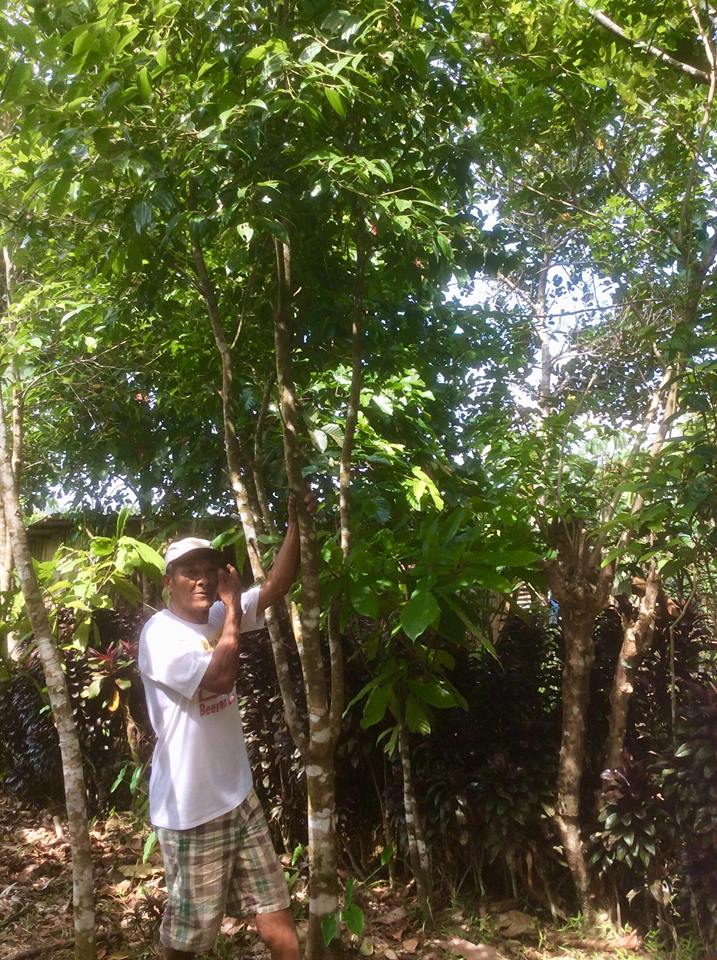
What species of the Philippine Cinnamon? Dr. Jay Picardal, during his lecture at the Philippine – American Academy of Science and Engineering (PAASE) last July 21, 2020, mentioned the reasons why cinnamon’s taxonomy is difficult to study. This is because there are different leaf forms on the same plant (heterophylly) and there is development of distinct types of juvenile and adult foliage (heteroblasty). A team from Cebu and Bacolod was supposed to come with me to DSB to study the trees in March 2020, but then, COVID 19 struck. Gratefully, the DOST TUPV HIVE team went up with us to take pictures and samples of the Philippine cinnamon trees. It was raining heavily that day, but we all marched on!
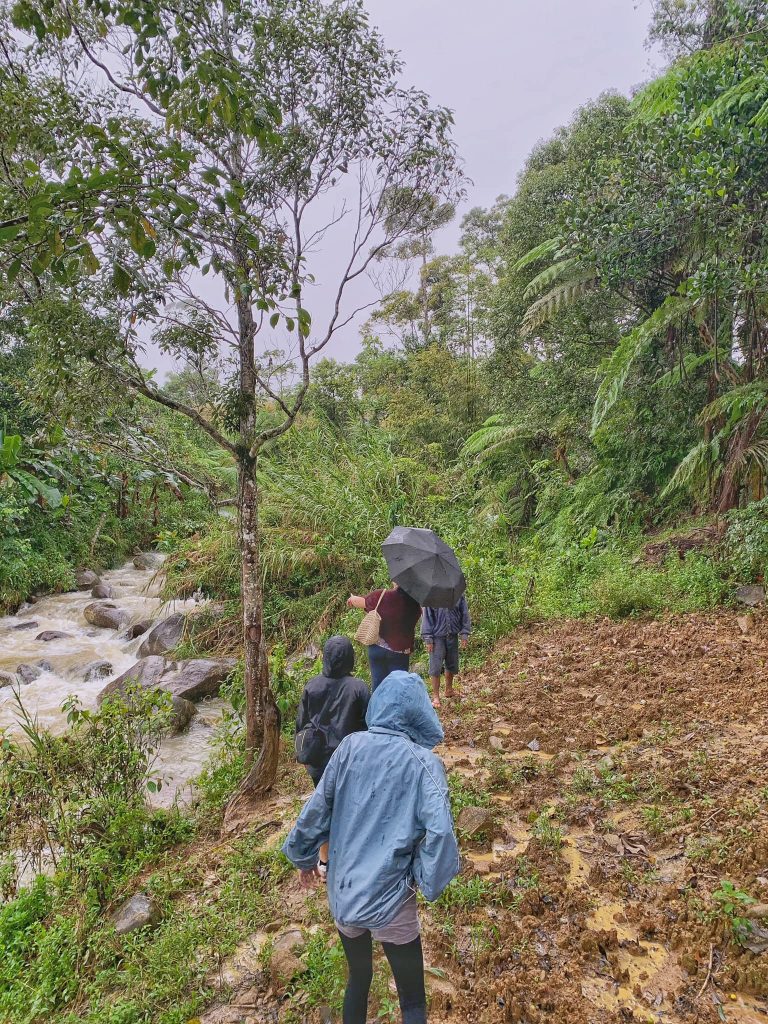
Plantsville Health works for commercialization of the Philippine Cinnamon.With the kaningag seedlings planted and growing, Plantsville Health is now tasked to develop products so it can buy the Philippine cinnamon come harvest time. Plantsville has so far developed the processing for the Philippine cinnamon bark in chip form, mixed the cinnamon powder into naturally grown (organic) coconut sugar for a low-glycemic and aromatic sweetener. Plantsville also distilled the Philippine cinnamon leaves, and thus produced the Philippine cinnamon essential oil and water. Plantsville then developed the Naturale Care Moisturizing Sanitizer using the Philippine cinnamon essential water and lemongrass essential oil.







Plantsville Health hopes to bring the Philippine cinnamon into the bigger market, local and international. How else do we make sure that the Philippine cinnamon will be cared for by the farmers, but to keep on buying from them by pursuing bigger markets?
First stop is to make the processing of the Philippine cinnamon compliant to world safety standards. Hence, Plantsville Health applied for a consultancy with the Association of Negros Producers (ANP) Foundation for Enterprise Development Inc (AFEDI). They taught us what the possible contaminants are and how to avoid them during the process.
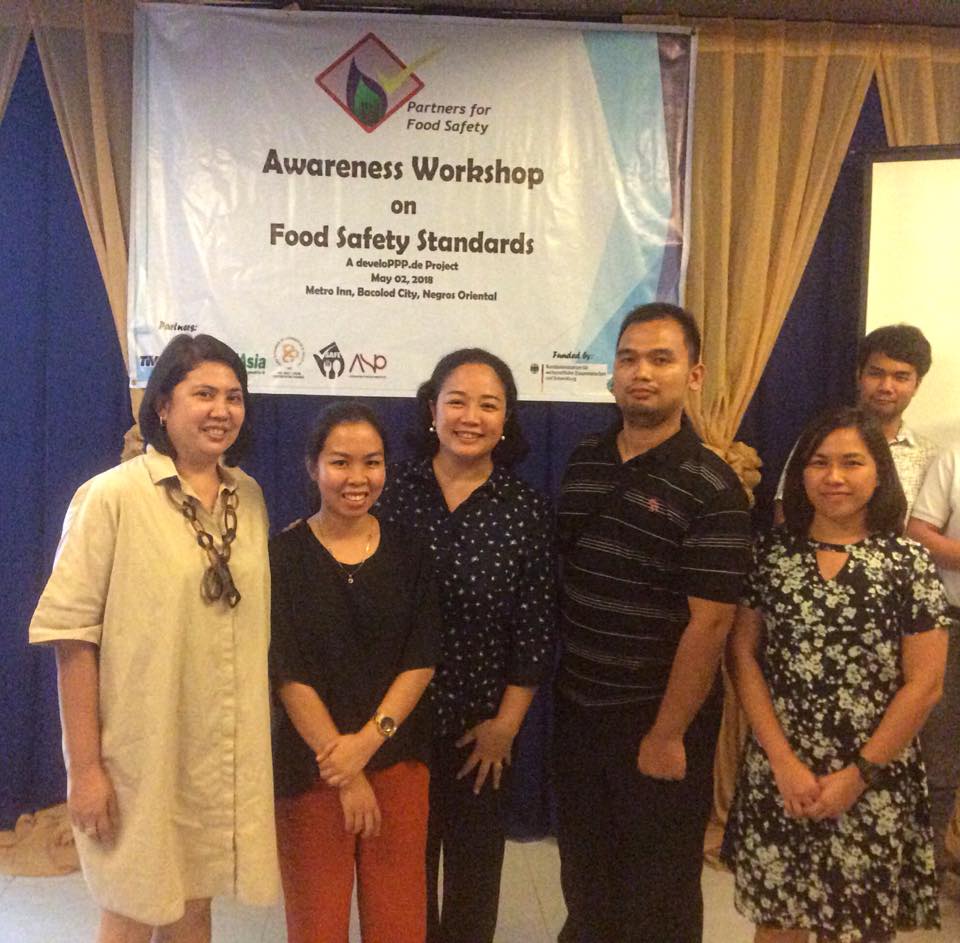
Second stop is to register for trademark and intellectual property.

Third stop (and continuing) is participation in many trade fairs, exhibitions, and competitions. Some of these are the Panaad Festival in Negros Occidental in 2019, Social Innovation Challenge competition hosted by World Vision Philippines (Plantsville Health emerged as First Place winner) in 2019, Technology Business Incubator Summit during the Startup Week in 2019, and Innovation Solutions Grant Facility with Innovation for Social Impact Partnerships (ISIP) in 2020.
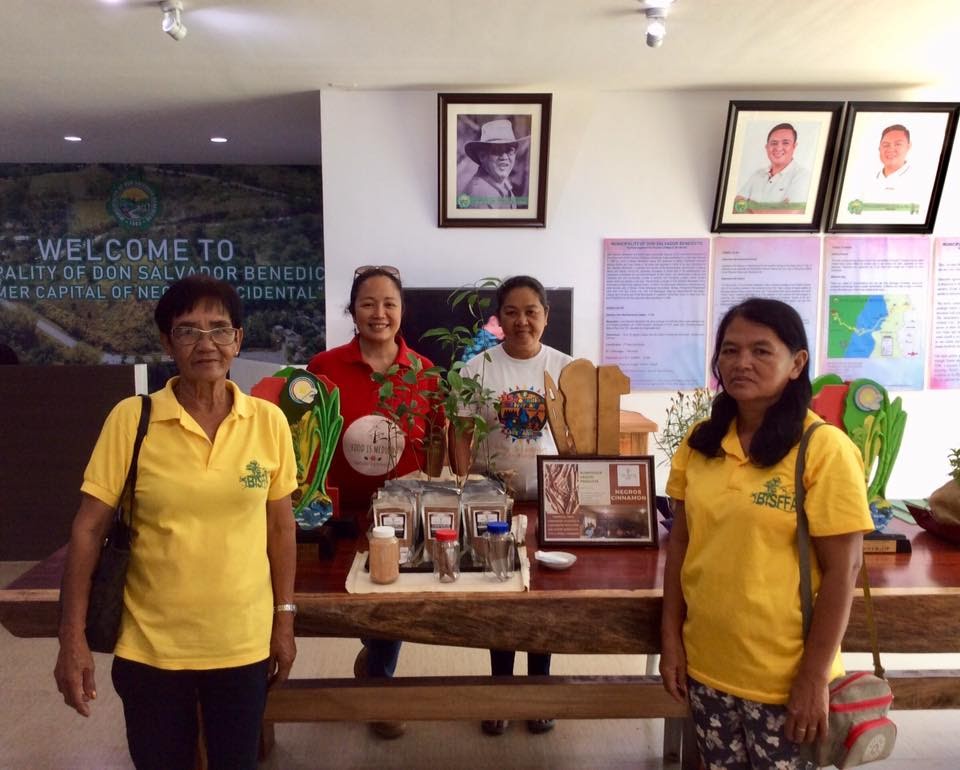
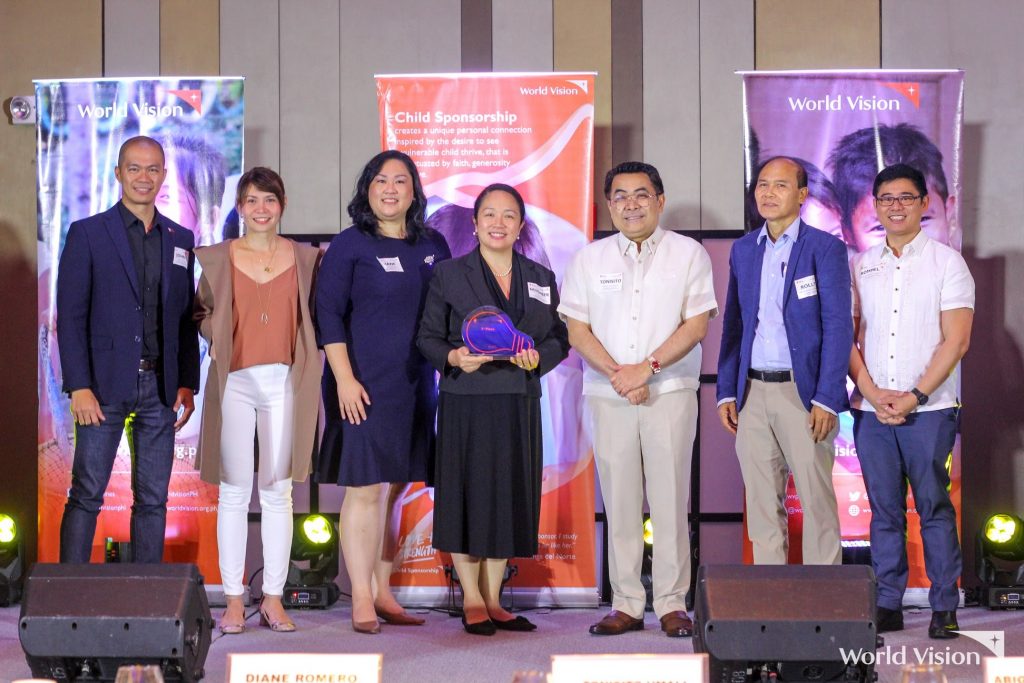
In October 2019, Plantsville Health was accepted by the Hub for Innovation and Value Enhancement (HIVE), the incubator partnership of Department of Science and Technology (DOST) and Technological University of the Philippines Visayas (TUPV).
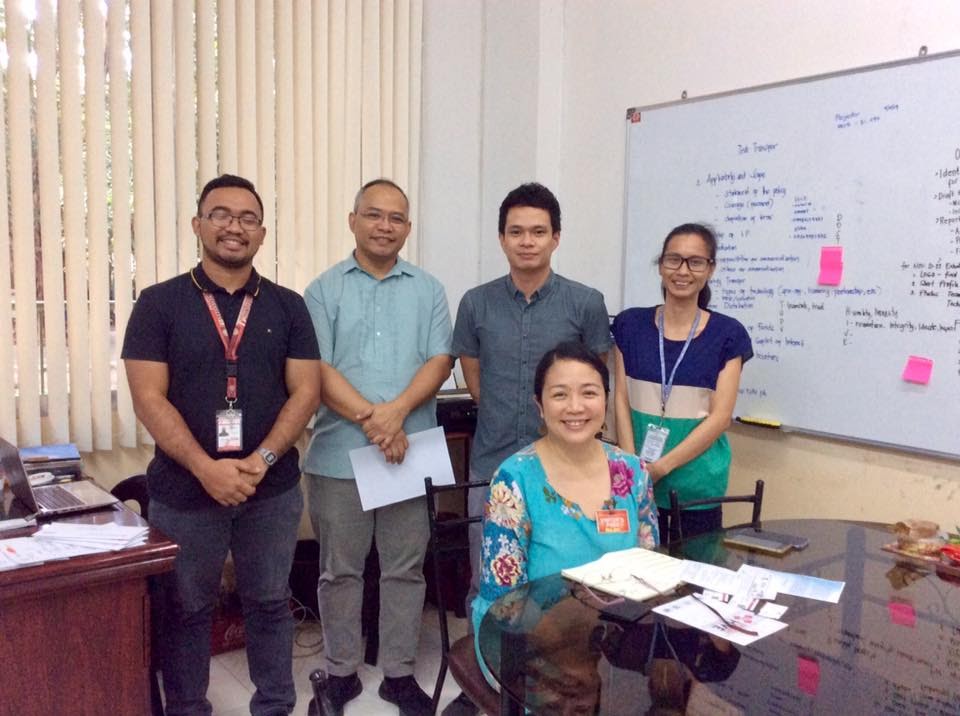
HIVE is instrumental in introducing Plantsville Health into the startup community. In November 2019, HIVE helped Plantsville Health to exhibit at the Philippine Startup Week, a feat granted to only 10 startups from many Technology Business Incubators (TBI). The response by the public to the Philippine cinnamon was very positive.
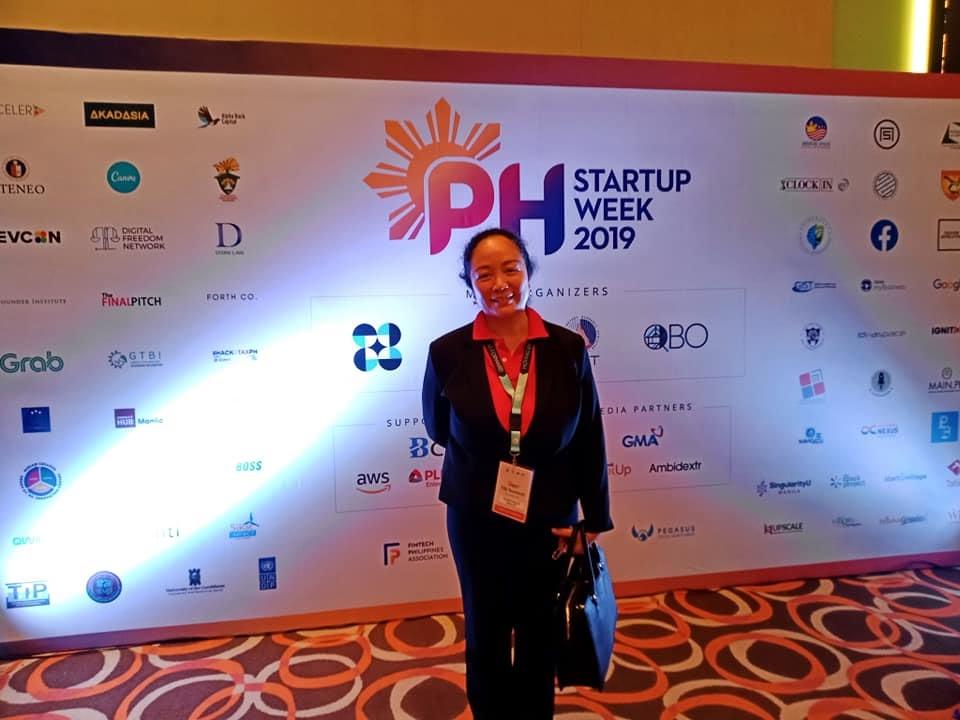
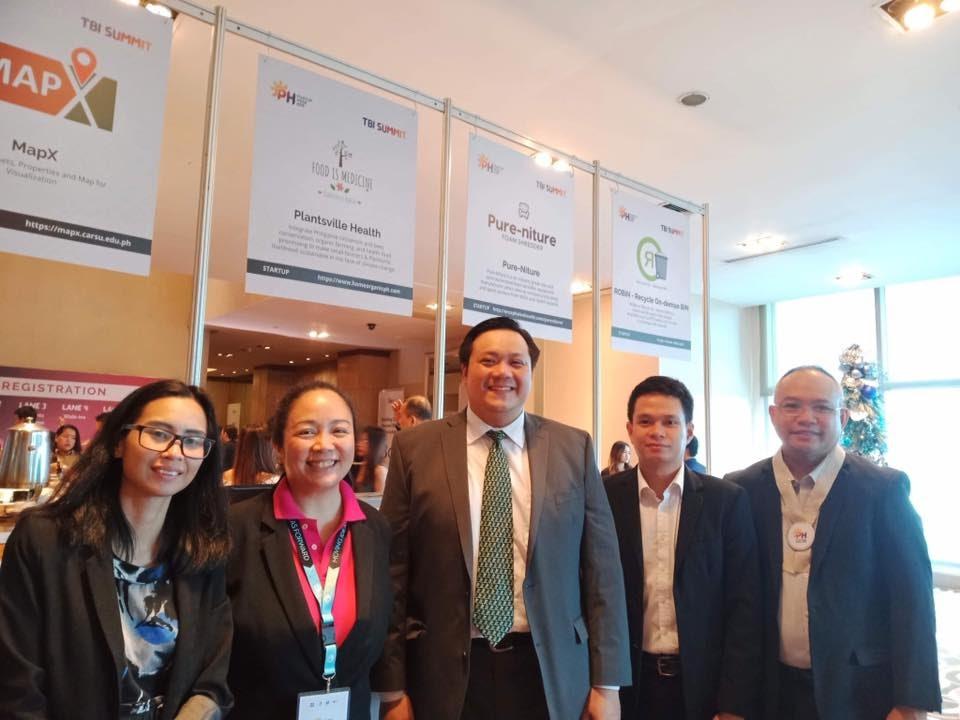
HIVE was also instrumental in introducing Plantsville Health to the social enterprises community in the Philippines. In February 2020, Plantsville Health qualified to join the Innovation for Social Impact Partnership (ISIP), and consortium of PhilDev Foundation, United Nations Development Program (UNDP), and Australian Embassy in the Philippines.
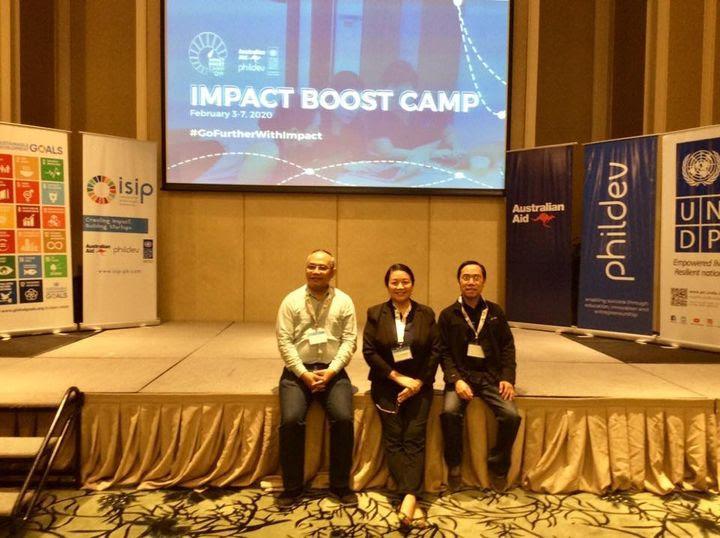
When COVID cases rose in the Philippines, and the lockdowns were imposed nationwide, Plantsville Health pivoted by producing the Naturale Care Moisturizing Sanitizer. This was possible with the assistance of Dr. Augustine Doronila, an Environmental Scientist/ Analytical Chemist at The University of Melbourne, also a Filipino whose mother hailed from Negros Occidental.
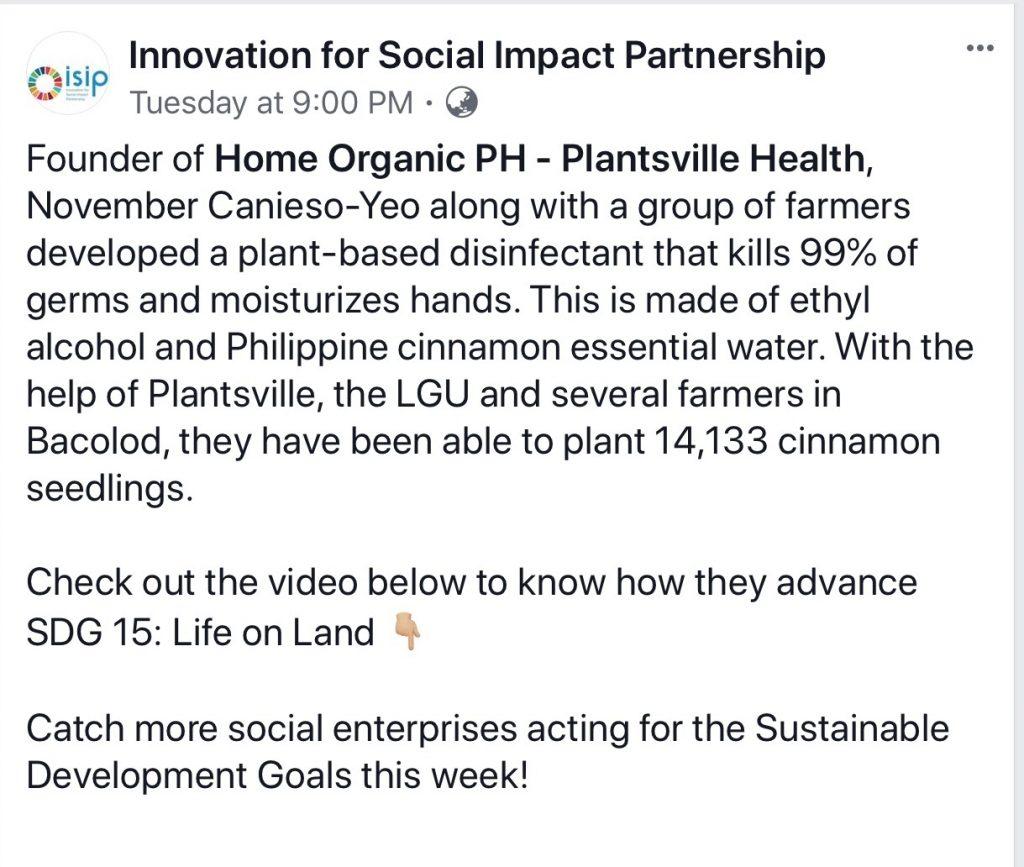
Here’s the link to the video: https://www.facebook.com/innovationforsocialimpact/videos/672326406748534
Currently, aside from Philippine cinnamon, Plantsville Health is also able to produce essential and aromatic water from oregano, bamboo, and pomelo.

To enable Plantsville Health to go mainstream and enter supermarkets and pharmacies, the Technological University of the Philippines Visayas (TUPV) awarded a processing facility at the TUPV Luis Montinola Resource and Research Center that is compliant to the requirements of the Food and Drug Administration (FDA).
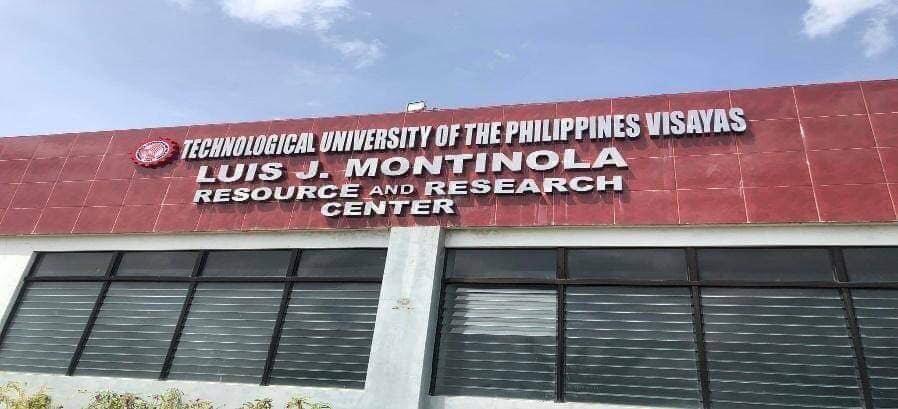
At the same time, Plantsville Health was able to qualify under the program of the Department of Trade and Industry (DTI) and Department of Health (DOH) – FDA IDOL program to help fast track the application and approval of the License to Operate (LTO).
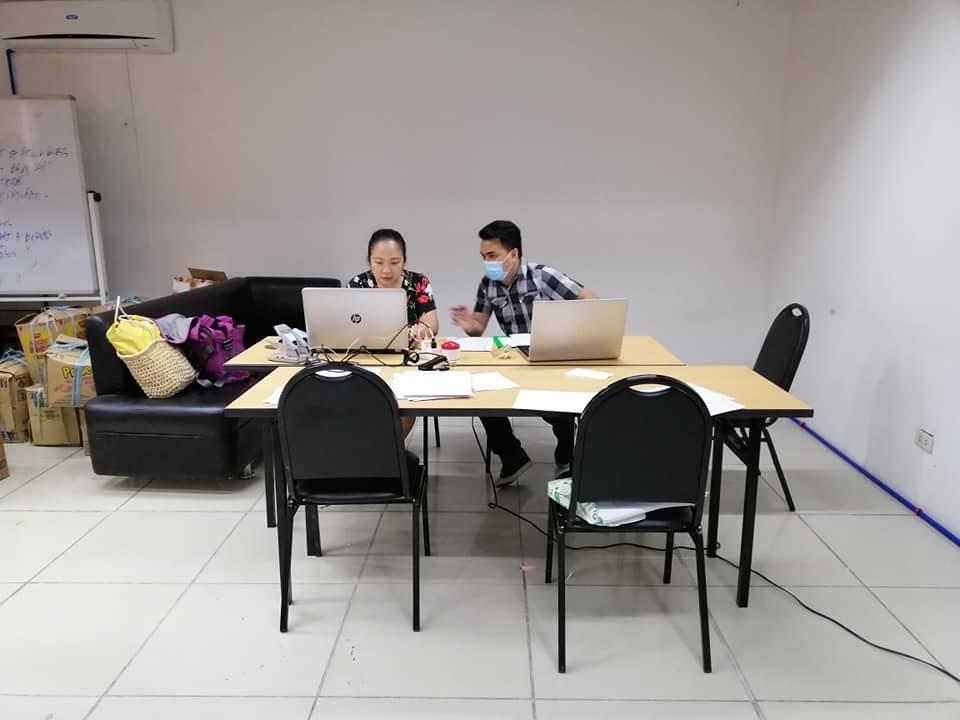
Finally, some private donors have started financing the farmers and Plantsville Health for the planting of the Philippine cinnamon. Dr. Doronila and Maria Lourdes Doronila have donated to women farmers for the planting of 600 Philippine cinnamon seedlings. This is in remembrance of their mother, the late Lourdes Silvero Doronila from Negros Occidental.

Dr. Doronila is also going to present the Philippine cinnamon project to the Philippine Consulate in Australia to seek support from other Filipinos in Australia.
Next Steps. In the future, we hope to bring in other business models to incentivize the farmers to plant and protect the Philippine cinnamon, like generating payments from carbon credits, getting crowdfunded from planting and nurturing the Philippine cinnamon, and exchanging the planting of Philippine cinnamon for computers and internet access for their children. The goals really are conservation, livelihood, and health.

